Experiential Leadership Development – The Outbound WayVisionary companies believe that long-term success requires a pipeline of emerging leaders who can help build and secure a competitive edge. A leadership development program equips upcoming managers with a broader understanding of the global marketplace and a more integrated view of the organization. A well-designed leadership program built for leaders of managers revolves around 6 factors: communication, thinking and acting systematically, influence, self-awareness, resilience and learning agility. This is where outbound leadership development delivers high impact as its based on experiential learning. Leaders participate in simulated real time environment and are able to see immediate consequences of their decisions and actions. They reflect on their experience and adopt better ways of leadership. An effective leadership development program based on experiential learning improves the decision-making and leadership skills by deepening the understanding of participants about their core business operations. Having broader business knowledge, global perspectives, and leadership insights, managers will be ready to identify problems, craft effective solutions, and adapt to global market shifts. The various benefits of a an outbound leadership development program are:
Corporate are looking for leadership program which are either at the entry levels or at the advance levels. Experiential Learning at the Entry Level At the entry level, leadership programs are focused on developing a base for successful leadership. Activities include understanding future colleagues better, through ice –breakers, cooperative game sequence, team building, goal setting, taking ownership and accountability, displaying leadership skills followed by certain psychometric assessments. Feedback sessions are conducted through effective debriefing at the end of each activity. An evaluation is done both by the participants and their peers. An effective feedback prompts leader to assess their strengths and areas of improvement. This form of experiential learning helps participants recognize their loopholes and improve over the course of time. As a result of this, participants become aware of their natural style of leadership through self-awareness exercises. Guiding questions for Experiential Leadership Program The four guiding questions that can be explored during any experiential leadership development program are as follows:
Answering the above questions, leadership awareness in individuals can be developed through experiential learning, using simulations as an experiential learning activity. Apart from that, other activities might be used within an experiential learning laboratory environment. Prior to designing an experiential leadership development program, we must remember what is required in an experiential learning environment. When designing an experiential leadership development session the following things should be kept in mind: Skills of an experiential facilitator
Understanding on the environment and the activities
Relevance of learning objectives and transfer of learning
Keeping the above framework in mind, some learning activities that can be used within an experiential leadership development program are as follows: Leaderless discussions through Case Studies
Role-plays
Gamification
Simulations
Problem-based project
An important aspect of experiential learning activities is that they allow for learning by teaching, doing and mentoring others in specific groups. Facilitators are used as guides in a classroom setting to apply relevancy. All aspects of the 70-20-10 model for learning are represented in experiential learning programs. One should always remember that we are building leaders in a safe environment which would drive them to be more open to learning. Outlife is a specialist experiential learning and outbound training provider that conducts Experiential Leadership Training, behavioral skills training, team building and management development programs using experiential education methodology. The OBT training and team building programs are hands on, engaging, fun, exciting and use adult learning methodology. Outlife conducts employee engagement programs based on three broad categories such as recreational, educational and developmental. Recreational - Focus is on the team experiencing fun and feel good factor. Educational - Focus is on the team learning specific learning objectives to bring a change in the way they behave, think or perceive. Mostly employed for team building sessions, behavioral skills training, outbound training. Developmental - Focus is on learning and knowledge to bring a change in habits, motives, behaviors and attitude. Mostly Employed in Outdoor Management Development and Leadership Development Programs. While there are many ideas and activities around employee engagement, Outlife can help create motivation and belongingness in your organization through the following employee engagement ideas and activities. These include
0 Comments
Your comment will be posted after it is approved.
Leave a Reply. |
Archives
July 2024
Categories
All
|
- Home
-
Corporate
-
Team Building
>
- Team Building Activities
- Corporate Team Bonding
- Fun Team Outing
- Quotes on Teamwork
- In office Team Building Activities
- 5C Key Elements for Team Building
- Special Team Building >
- Virtual Team Building
- Top 10 Team Building Activities
- Team Building Bangalore
- Team Building Hyderabad
- Team Building Interventions
- Outbound Training >
- Leadership Programs >
- Team Outing >
- Employee Engagement >
- Behavioral Skills >
- Team Development >
- Corporate Adventure >
-
Team Building
>
- Schools
- Individuals
- Clients
- Gallery
- About us
- Articles
- Blog
- Experiential Leadership Training
- Strategic Leadership Training
- Home
-
Corporate
-
Team Building
>
- Team Building Activities
- Corporate Team Bonding
- Fun Team Outing
- Quotes on Teamwork
- In office Team Building Activities
- 5C Key Elements for Team Building
- Special Team Building >
- Virtual Team Building
- Top 10 Team Building Activities
- Team Building Bangalore
- Team Building Hyderabad
- Team Building Interventions
- Outbound Training >
- Leadership Programs >
- Team Outing >
- Employee Engagement >
- Behavioral Skills >
- Team Development >
- Corporate Adventure >
-
Team Building
>
- Schools
- Individuals
- Clients
- Gallery
- About us
- Articles
- Blog
- Experiential Leadership Training
- Strategic Leadership Training
Our Programs
OUR TRAINING DELIVERY LOCATIONS:
Ahmedabad, Bangalore, Chennai, Kolkata, Delhi, Goa, Hyderabad, Mumbai, Pune, Vizag - India
Ahmedabad, Bangalore, Chennai, Kolkata, Delhi, Goa, Hyderabad, Mumbai, Pune, Vizag - India


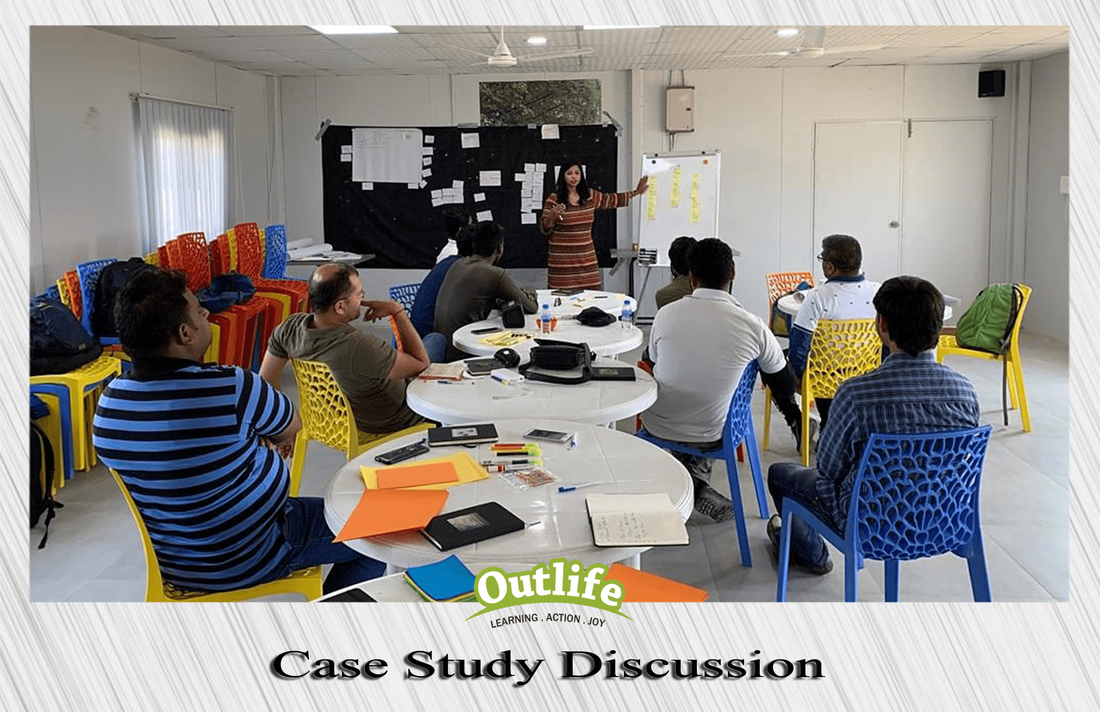
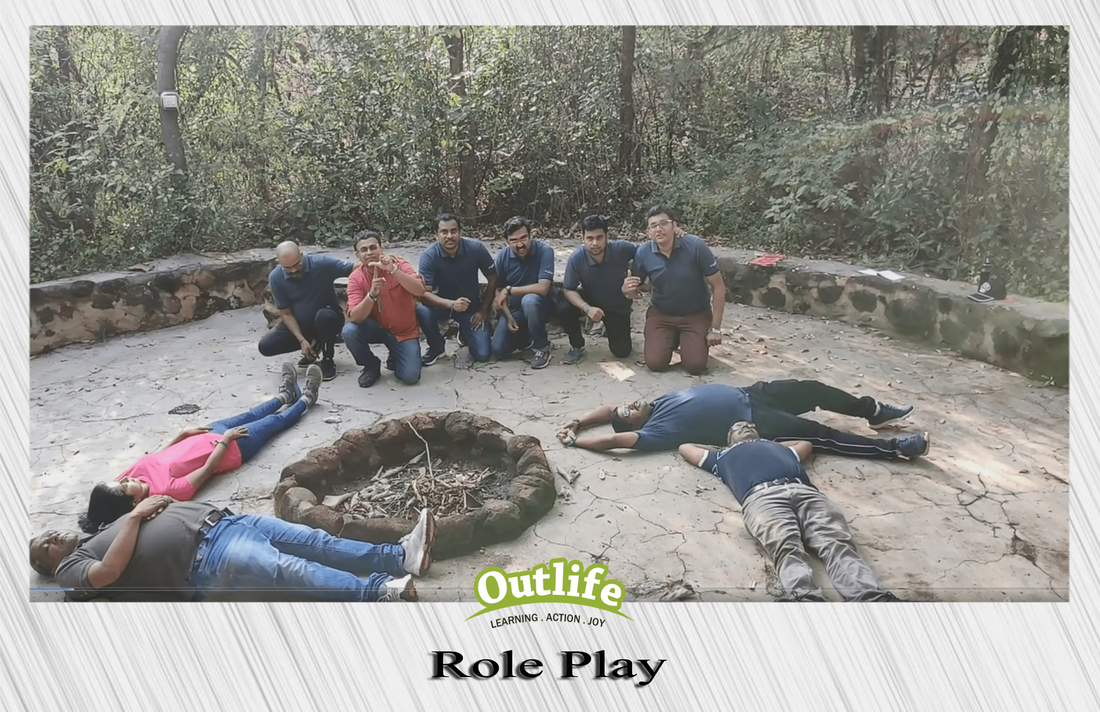

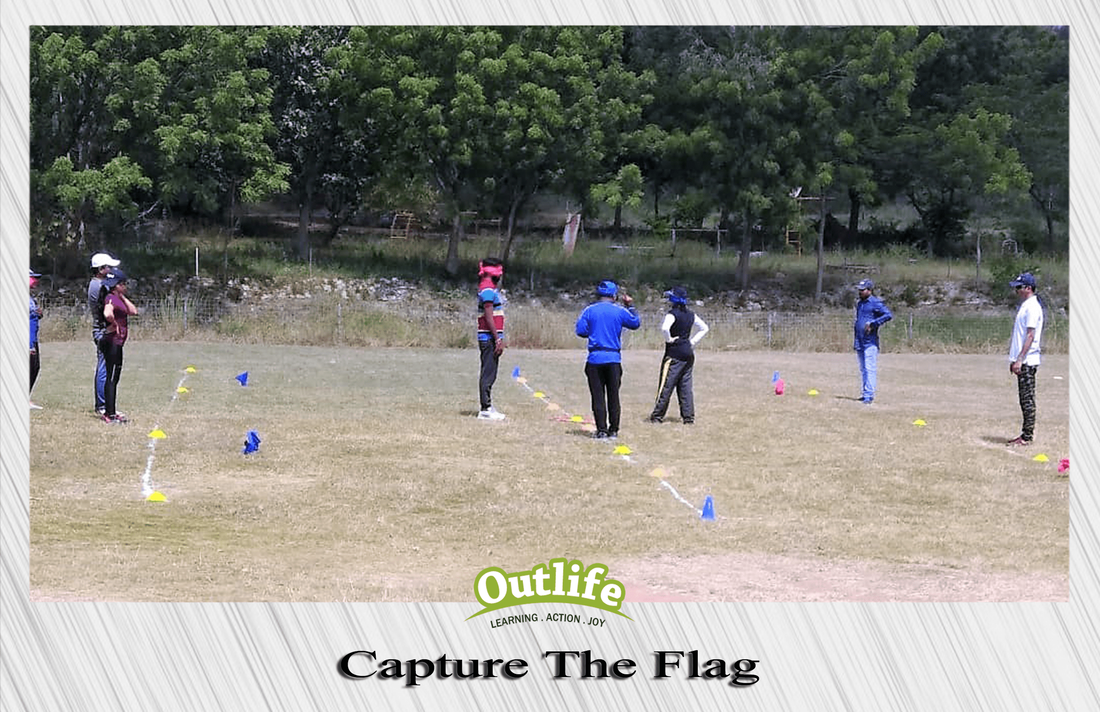
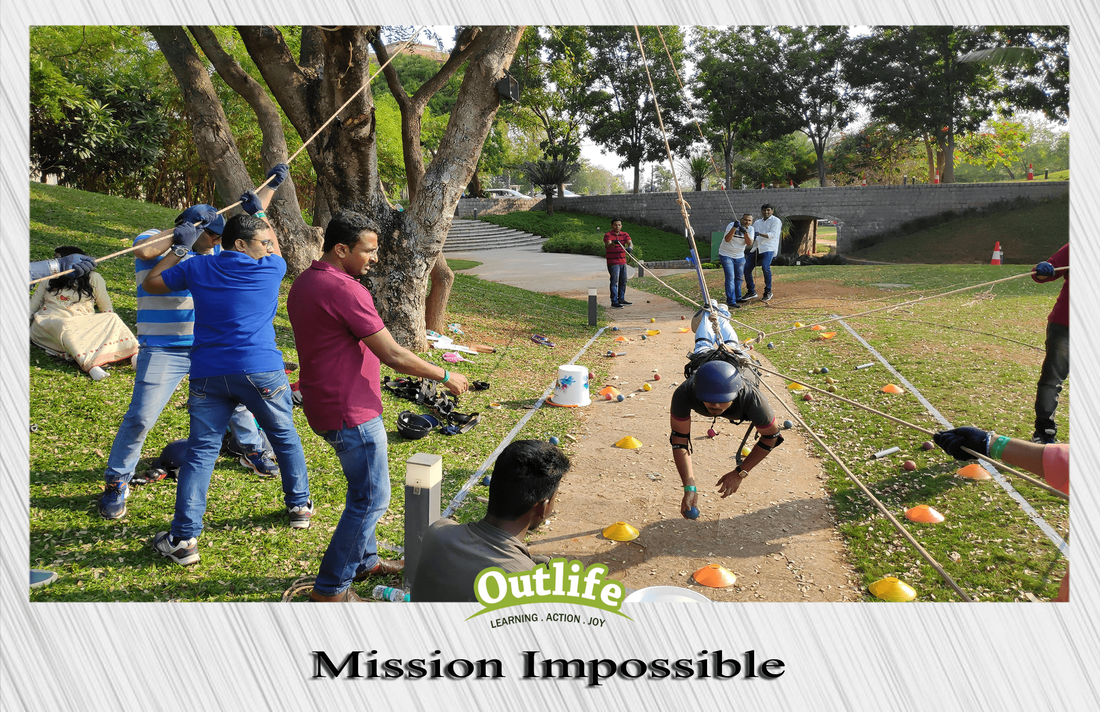
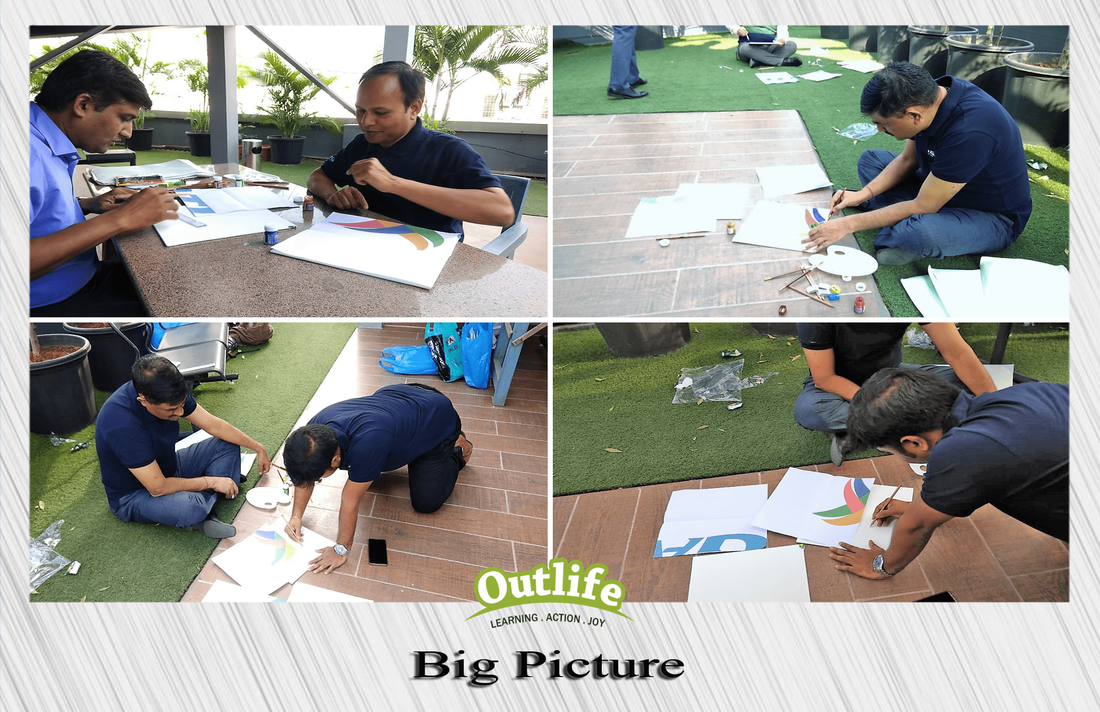
 RSS Feed
RSS Feed
